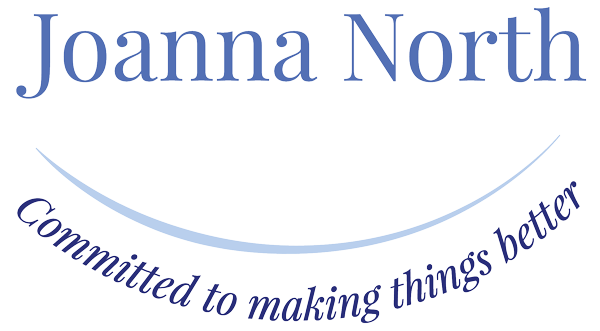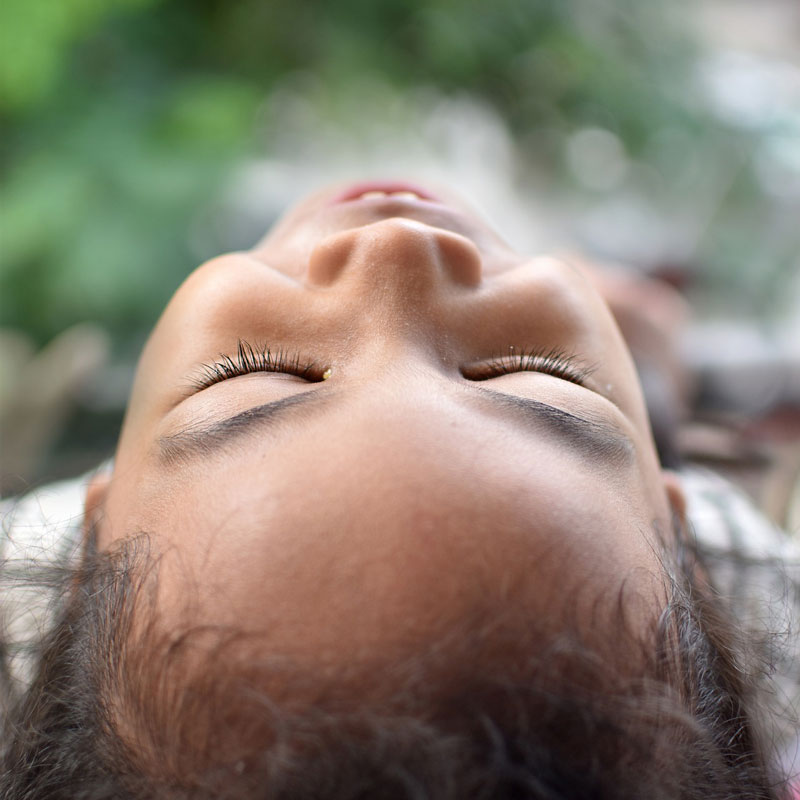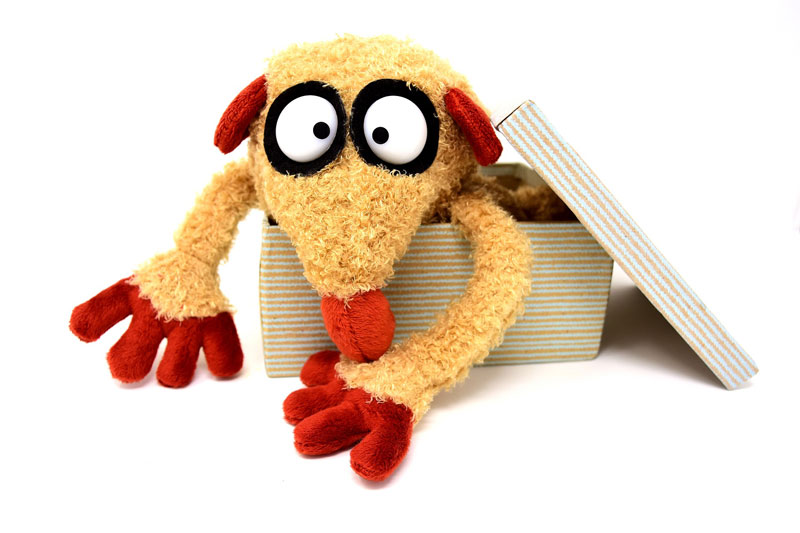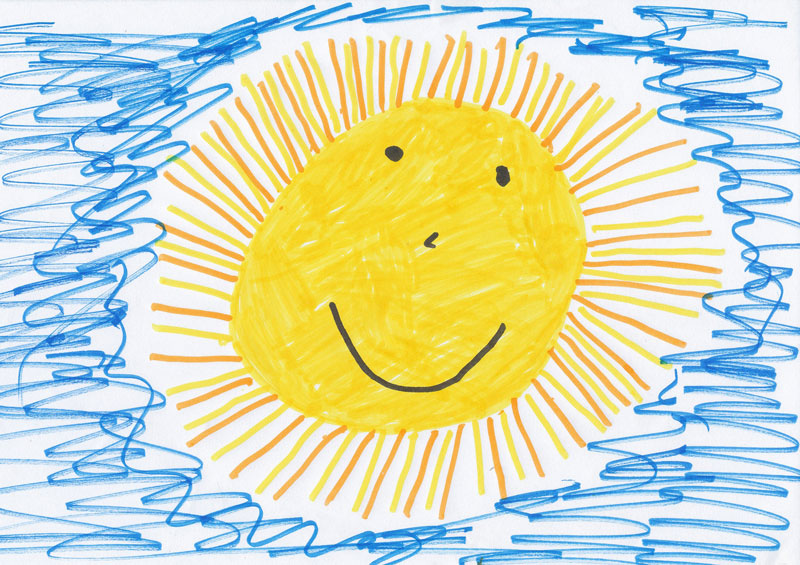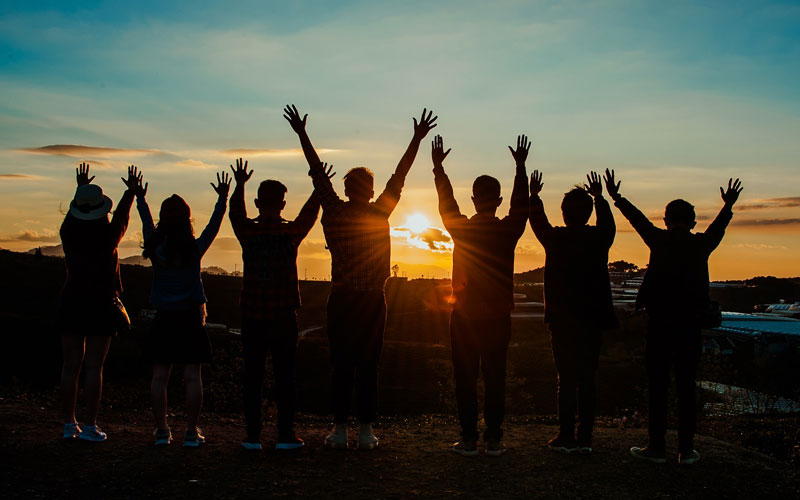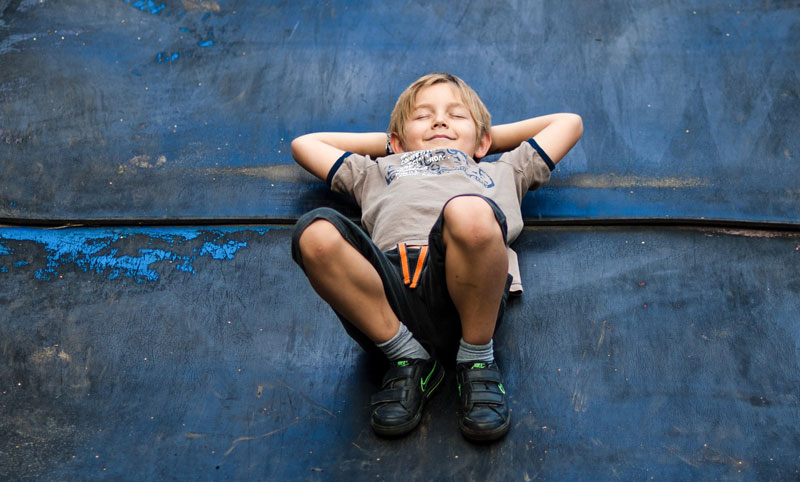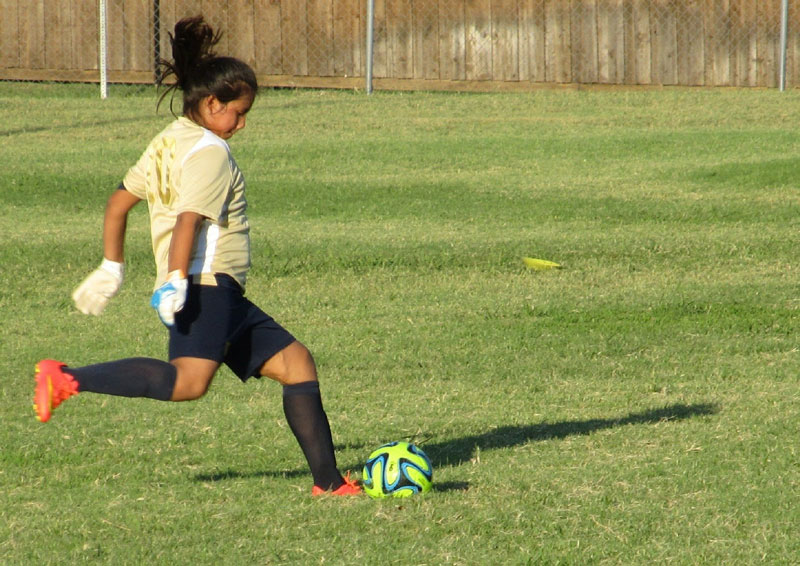
Children’s Service User Guide
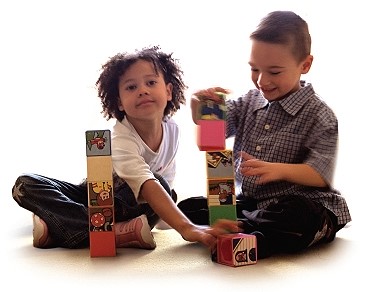
Hello,
We are here to help you and your adopted family to think about your life together and help your family – especially you!
We hope that through working with us we can help to make your life as happy as possible and also help with any problems or difficulties that you may have. If you cannot read this letter, then let us know and we will help you and we can record it for you if you wish. This letter should help you to know about your rights when you work with us. We welcome all children to our agency and enjoy working with children from all groupings whether you are a boy or girl, transgender or gender fluid whatever your religion, race or culture and whatever country you come from or the colour of your skin. If you have any disability, we are here to find help for you so that you can achieve the same goals as all children. We hope you will tell us your story so that we can learn all about you. Every child is different and this is very important to us.
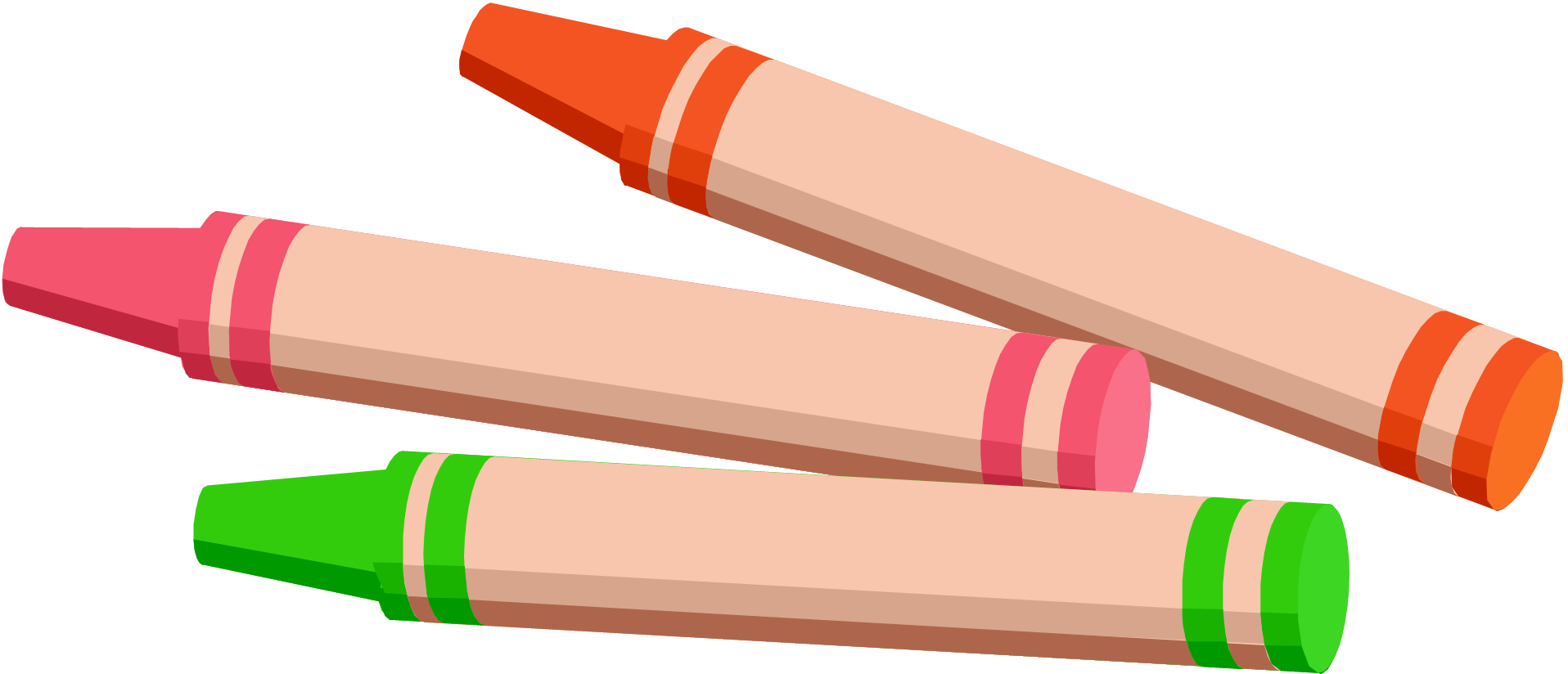
We work with a lot of children and so are used to helping young people. We hope you will feel you can tell us about your thoughts and feelings so that everyone can understand you. It is always best if children can be understood because they can feel safer. Some children have difficult life stories and we really like thinking about these stories and helping to make sense of them.
So, tell us as much as you can about you or draw us a picture if you like or write us a poem. Maybe bring your favourite music so that we can listen with you. Bring along the toys you love the most and tell us about your hobbies. Tell us what snacks or biscuits you enjoy so we can get them in the kitchen for you. If you come after school there will always be drinks and snacks in the kitchen.
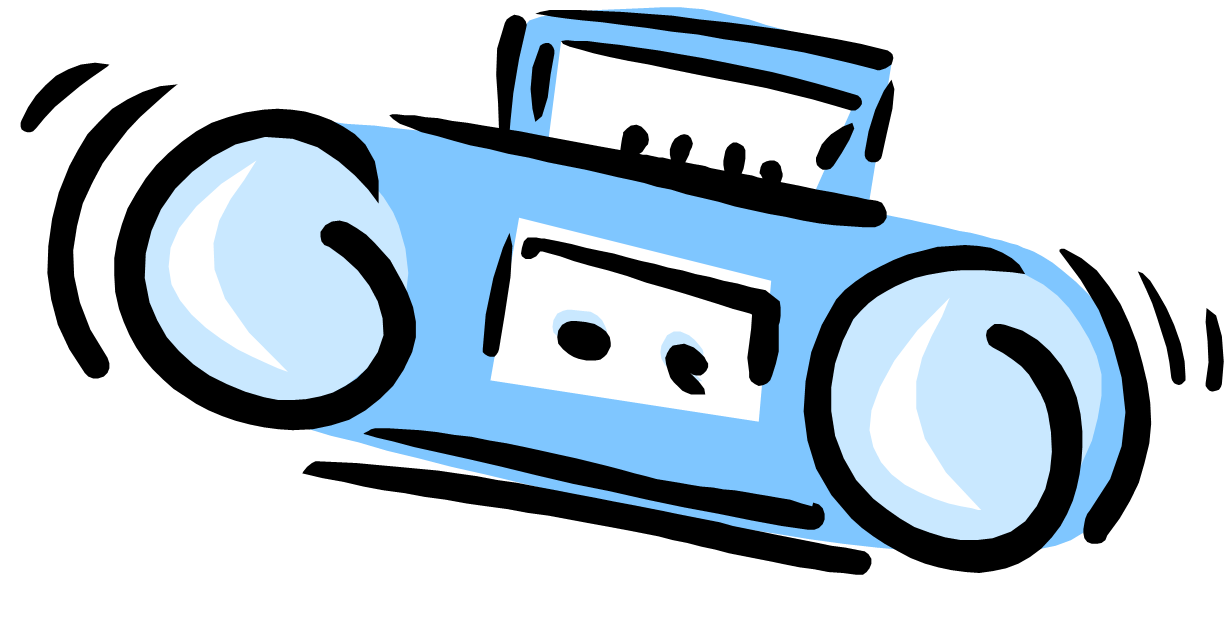
You can listen to the radio while you are in the waiting room and maybe draw a picture for us. There are books and toys out there.
Most of all tell us if something is worrying for you so we can help everyone to support you and so that you can have more fun instead of being troubled. We are good at making sense of difficult things.
If you have any problem in working with us you could tell your carer and they should be able to help you out. And don’t forget if you have a complaint you could ask your carer to go to the Children’s Rights Director whose address is below.
The name and address of the Children’s Commissioner is as follows:
Rachel De Souza
Children’s Commissioner for England,
Sanctuary Buildings,
20 Great Smith Street,
London
SW1P 3BT
020 7783 8330
www.childrenscommissioner.gov.uk
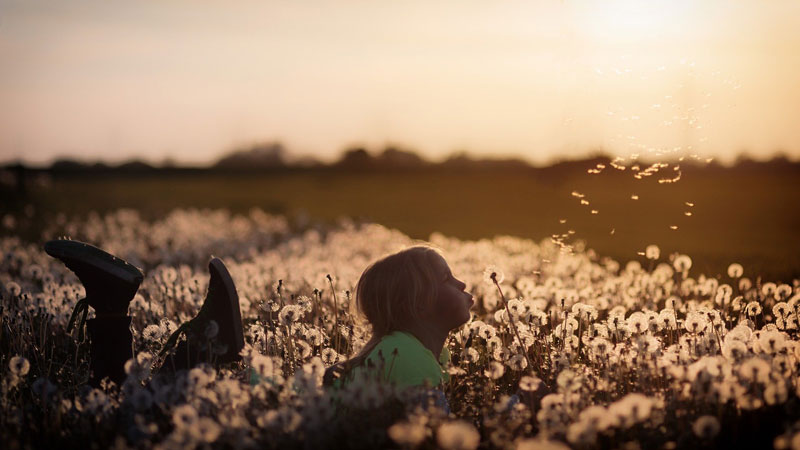
As a Child You Have Rights
These are things you can expect from People
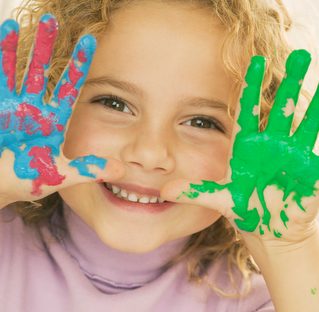
- If you are under 18 you are still a child or if you are a teenager you are a young person. There are things you can expect from the way that people behave towards you. You should be treated fairly at all times.
- It does not matter where you live or what language you speak or what colour your skin is. It does not matter if you are a boy or a girl or what your culture is or whether you are rich or poor or what has happened to you in your life or which religion you were born to. You should be treated fairly and kindly by people. This is also called respect.
- Adults who care for you should do what is best for you – they should also tell you what they are doing to help you so that you know what is happening. You should feel you can ask questions about things.
- You should be able to ask your parent or social worker or carer about the laws that are made to help children and how they should be treating you.
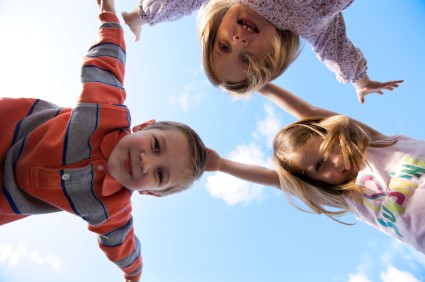
- The people who care for you (whether they are your parents are not) should support you to make good decisions for yourself too. This is because you are young and have to rely on them for support and advice about the world – adults are there to help you – not to harm you.
- All adults – should be helping you to live a good life – this includes people in your community as well as carers and parents. If people are not helping you – you should find someone who will. People should always help you to do the right thing or act in the right way.
- You have the right to see important pieces of paper that are all about you. Your birth certificate and passport. You need to know which country you belong to. You have the right to know your real name.
- You have the right to be cared for by your parents unless they cannot do this properly in which case you have the right to be cared for by a caring person but you have the right to know who your parents are. If your parents are separated you have the right to stay in contact with both parents unless this might hurt you. If your parents live in different countries you should be able to stay in contact.
- You should not be taken out of your own country illegally. If this happens it is called abduction or kidnapping. If anyone does this to you – you should tell someone you can trust straight away or as soon as it is safe.
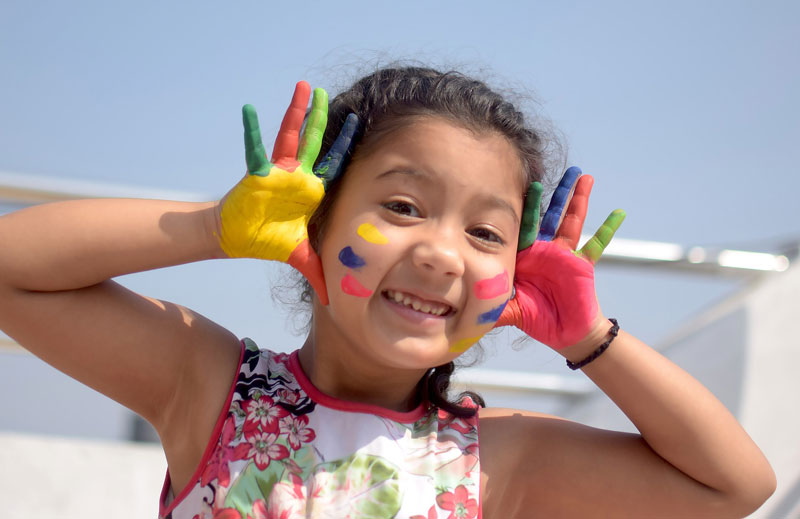
- You have the right to have your say in decisions that matter to you and your story should be taken into consideration. That does not mean that you can tell your parents or carers what to do but it does mean that they should listen to what you think.
- You should be able to share your honest thoughts with people. This includes talking, drawing or writing.
- You have the right to think and believe what you want. You can practice your religion as long as you are not stopping others from enjoying their rights. We have to respect others too.
- You have the right to meet with other children and join groups and organizations as long as it does not stop others from enjoying their rights.
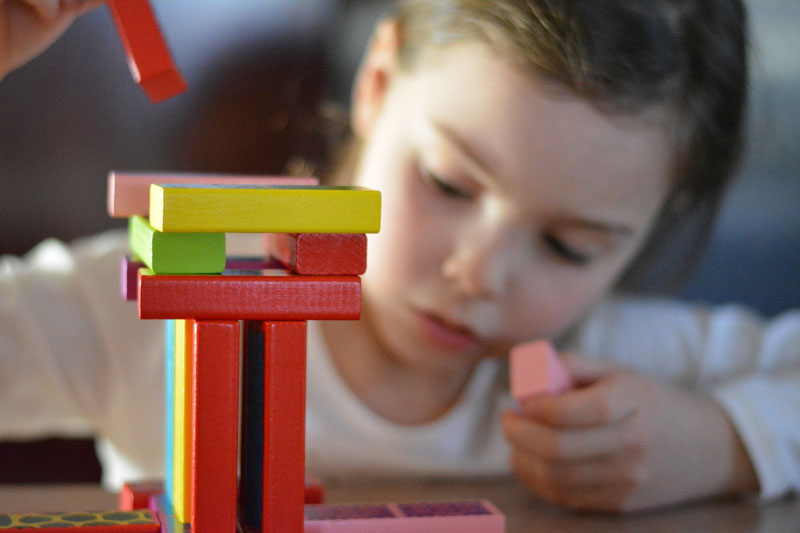
- You have a right to privacy when you want that.
- You have the right to get information that is important to your life and health. Adults should help you with this and if you cannot read you have the right to ask for help with this. If you cannot understand you should feel free to tell people so that they can help you.
- You have the right to be protected from being hurt and mistreated physically or mentally. If people discipline you to help you to understand something you have done wrong it must be fair and must not be harmful in any way but simply there to help you understand.
- Children who cannot be looked after by their own family have a right to special care and must be looked after properly by people who respect their special group of people like themselves, religion, culture and language.
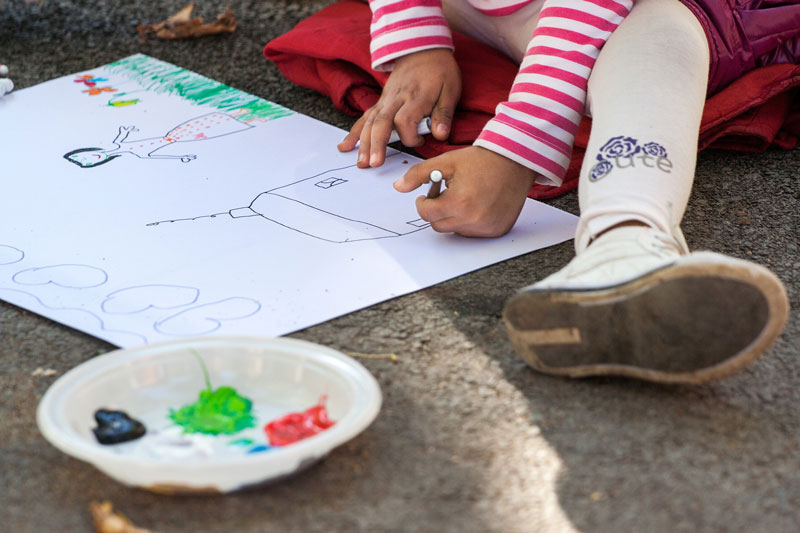
- Children have the right to care and protection if they are adopted or in foster care. The first concern must be what is best for them. If the Local Authority cares for you the carers should be inspected regularly to see if the care is good.
- Children have the right to special protection and help if they are refugees.
- Children with disability have the right to special care and support so that they can live full and independent lives.
- Children have the right to health care, good drinking water, nutritious food and a clean safe environment. Your standard of living should meet your needs.
- Children have the right to support from their Local Authority if they are poor or in need.
- All children have the right to a primary education which should be free. School discipline should take into account your dignity. You should reach your best talents to the fullest.
- Children in minority groups have the right to practice and learn about their own culture, language or religion. You should not be afraid just because there are not many people like you.
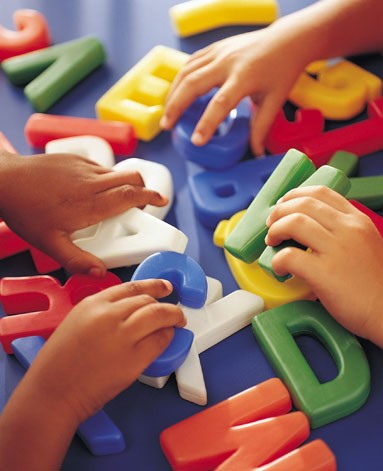
- Children have the right to relax and play and to join in a wide range of activities like art, music, dance, theatre or sport.
- The government should protect children from work that is dangerous or might harm their health. Children should not be exploited to do jobs for adults unless they really want to help.
- Adults and governments should do everything possible to protect children from drug abuse, sexual exploitation, abduction (people who try to steal you and take you away). They should protect and care for children affected by war.
- No one is allowed to punish a child in a cruel or harmful way. People should help you to do the right thing if you have got something wrong. They should do this by talking to you but not physically punishing you.
- Children who have been neglected, abused or exploited or treated badly should receive special help to recover and reintegrate into society. Attention should be paid to helping you get back your health and self respect and most of all your happiness and enjoyment of life.
- Adults should help children to learn about their rights.
- We want you to enjoy being a child. Tell us if you are not happy.
(Based on the European Convention on the Rights of the Child)

